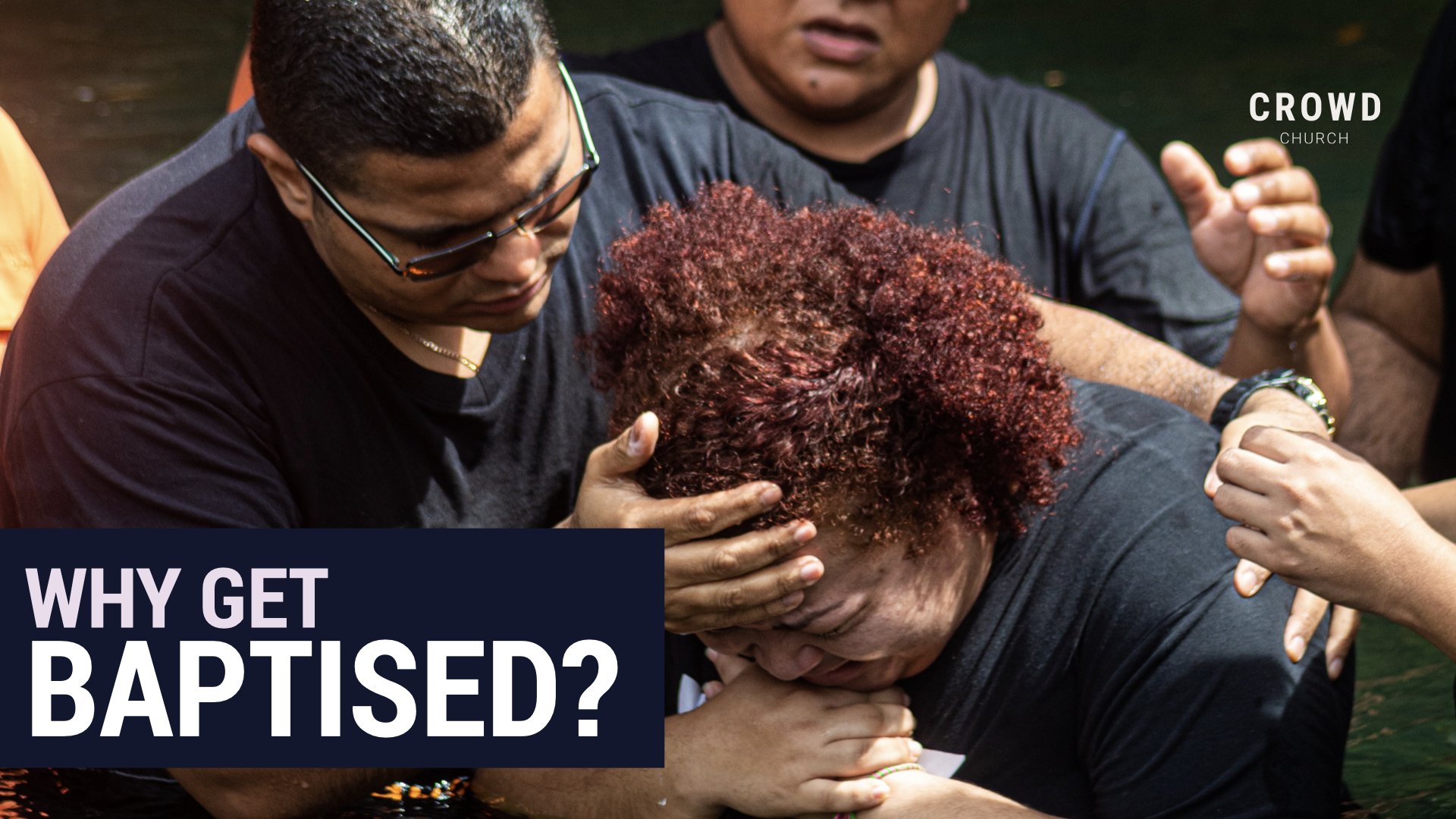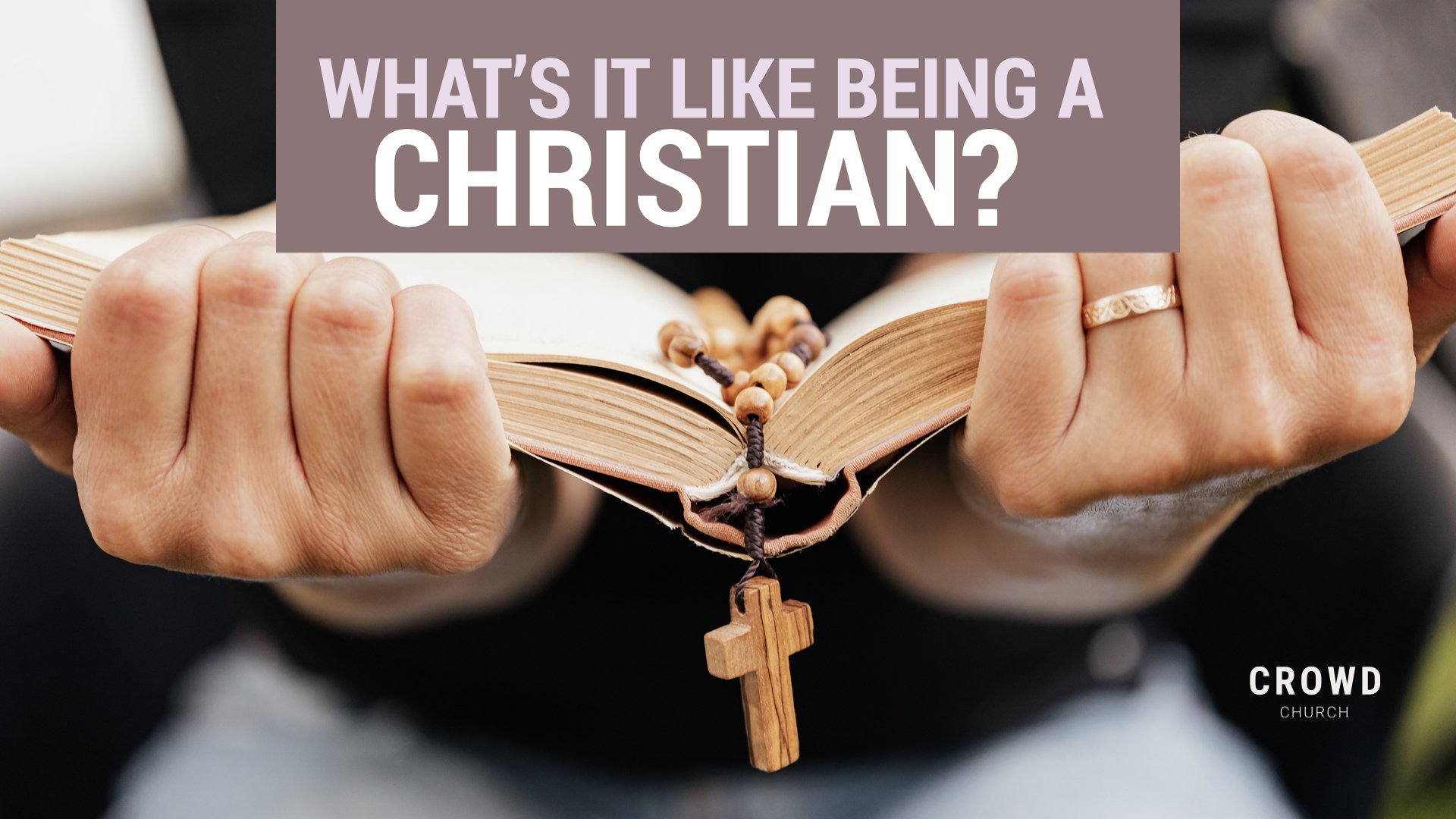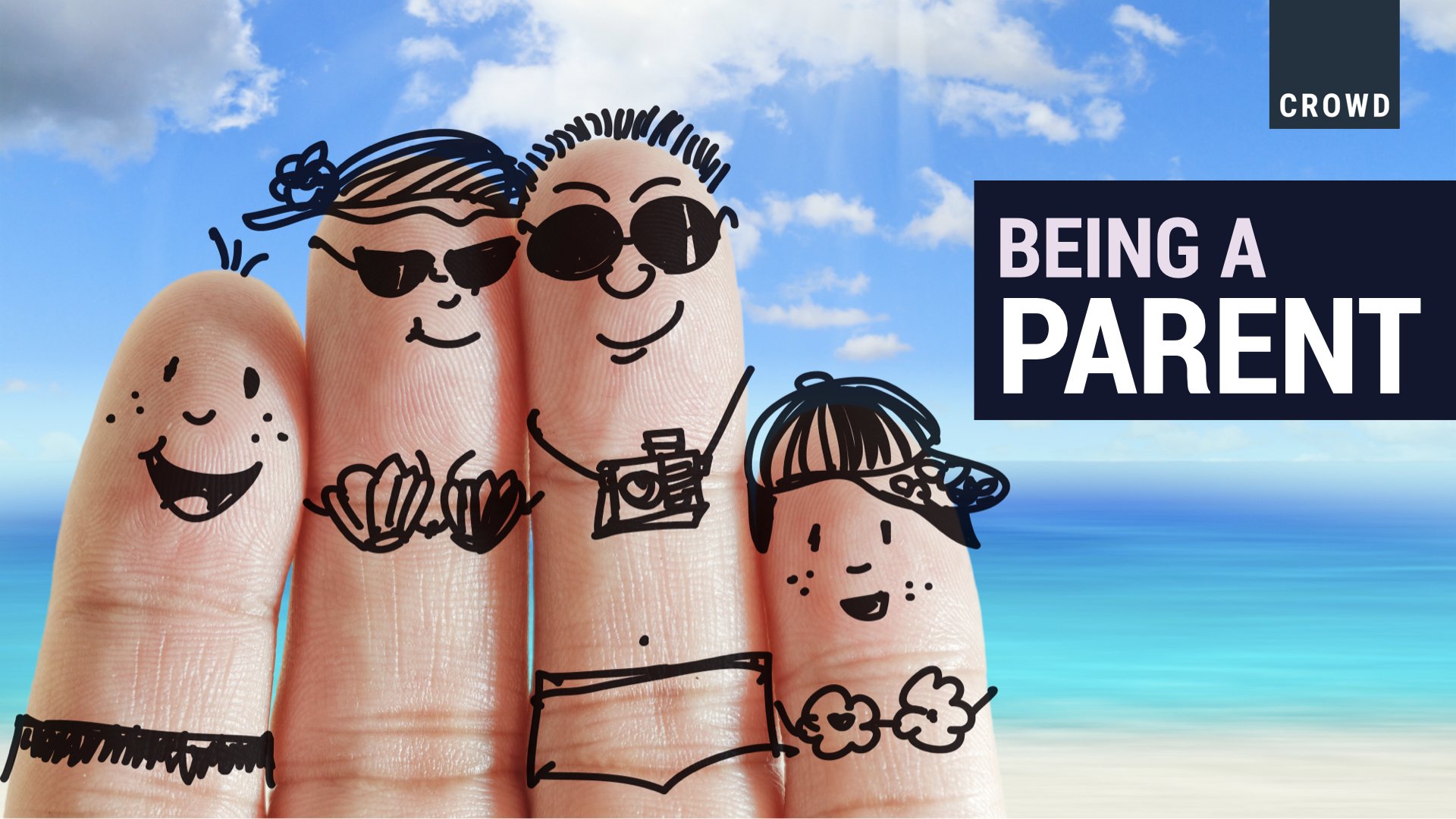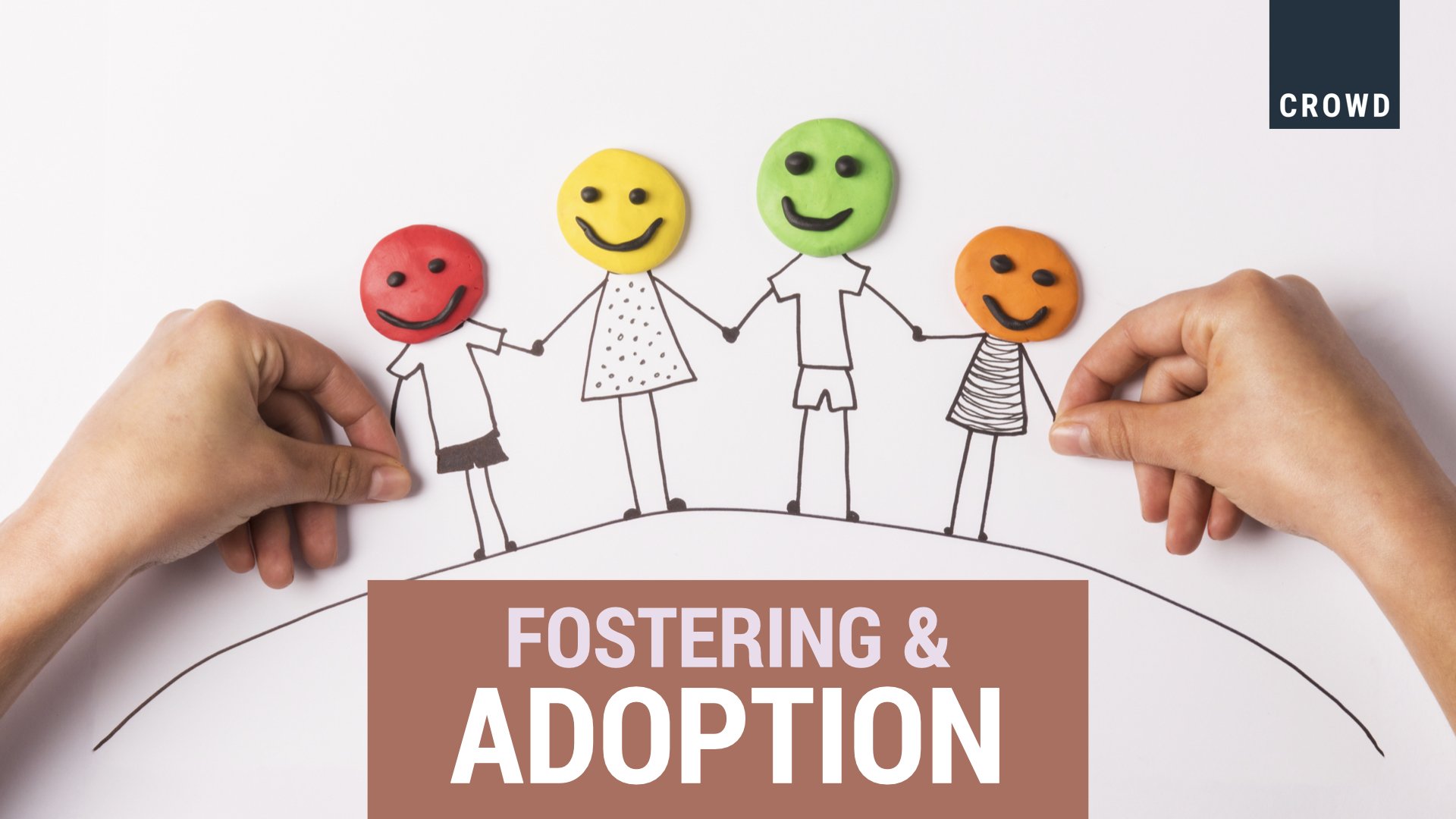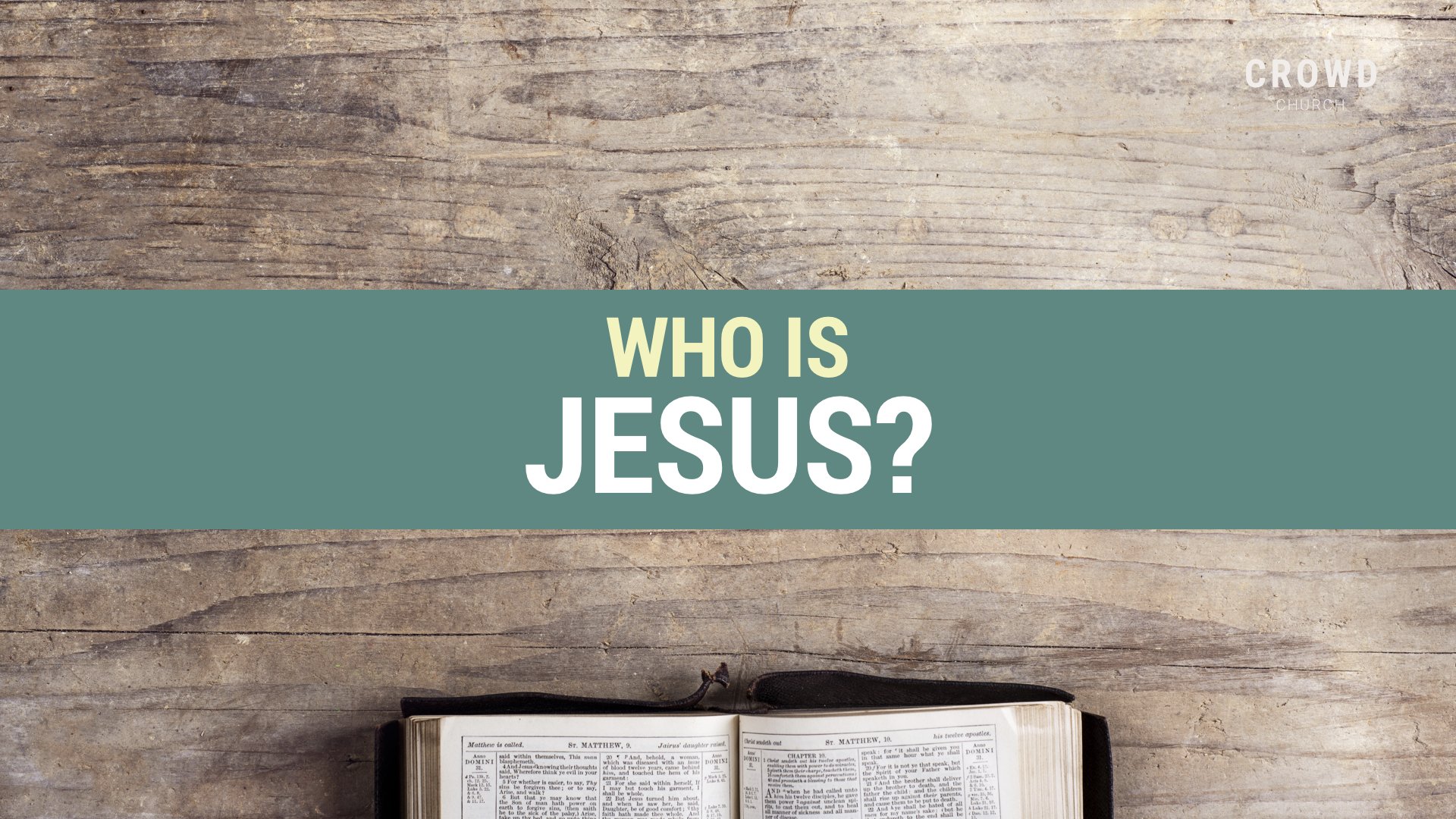What Does The Bible Say About Fostering & Adoption?
Video Timeline
WELCOME
0:00 - Welcome with Phil & Claire
TALK with Adam Drury
06:41 - What does the Bible say about Fostering & Adoption?
07:11 - Why Adopt?
07:41 - The Story Of Moses
08:59 - Adopted In Christ
10:31 - How Has Adoption Changed Through History In The UK?
12:36 - What Are Some Benefits Of Adoption?
13:57 - What Are Some Challenges Associated With Adoption?
15:53 - How As Christians Can We Support Adoptive Families?
17:12 - How Do We Respond To Children In Need Of Homes?
WORSHIP
19:57 - How Deep The Father's Love For Us with lyrics
CONVERSATION STREET with Phil & Claire
23:34 - Conversation Street
CLOSING WORSHIP
1:02:18 - Grace Alone with lyrics
Podcast:
What does the Bible say about Fostering & Adoption?
— Adam Drury
I'm a Christian and also an adoptive parent, having adopted three and a half year old twins over 22 years ago. And now, with my wife, we spend time supporting other families who have embarked on the amazing but often challenging adventure of adopting children into their family, sharing our experiences where they may be of benefit to others.
Why Adopt?
Our own adoption story, as for many adopters, started with not being able to conceive naturally. Some singles or couples may choose to build a family through adoption rather than pursuing other avenues. Some new adopt welcome children into their own unique situation of maybe already having birth children or stepchildren, or maybe having other children living with them, who are not related to them, such as those in foster care. Wherever the starting point, Christians who adopt are first and foremost responding to God's heart for children who are not in a family.
The Story of Moses
Almost right from the start of the scriptures, we see the principle of adoption in play. In the second book of the Bible, in Exodus chapter two, we read the story of Moses. He was born to a family of the tribe of Levi at a time when Pharaoh the king, had given the order to kill every newborn baby boy. However, God's hand was on Moses his life. And when he was three months old, his birth parents hid him in a basket in the reeds. Pharaoh's daughter came to the river to bathe, found the basket with baby Moses in it, felt sorry for him, and took him in under her wing and protection. Even more amazing, Pharaoh's daughter called for Moses' mother to nurse him and even paid her for doing it. When Moses was older, we don't actually know how old he was, Pharaoh's daughter adopted him into her family. And he went on to play a very significant role in God's story.
If Pharaoh had had his way, then Moses wouldn't have been alive. But Moses was adopted into the King's family, in the same way that we as Christians are adopted into King Jesus' family when we commit our lives to Him. In Ephesians, chapter 1, verse 5, it says,
“God decided in advance to adopt us into his own family by bringing us to himself through Jesus Christ. This is what he wanted to do, and it gave him great pleasure.”
Adopted in Christ
We're God's children, part of God's family, adopted by the Heavenly Father into His eternal family through the death and resurrection of Jesus. Not only that, but this gives him great pleasure, which is amazing. In Romans, chapter 8, verse 15, the Bible says,
“So you have not received a spirit that makes you fearful slaves. Instead, you received God’s Spirit when he adopted you as his own children. Now we call him, “Abba, Father.” ”
This is an incredible promise to those who follow Christ and as a wonderful illustration of the power of the Holy Spirit in transforming our lives when we follow Him. In the same way, as adoptive parents, we have the opportunity to transform the lives of children who become part of our family. The Old Testament is full of references to encouraging the people of God to pay special attention to the orphan, or those children who are not part of a family for whatever reason. For example, in Isaiah chapter 1, one of the visions that Isaiah the prophet had for the people of Israel was very specifically to defend the cause of the orphans. In Psalm 146, it says,
“The LORD protects the foreigners among us. He cares for the orphans and widows, but he frustrates the plans of the wicked.”
And in Psalm 68, we read,
“Father to the fatherless, defender of widows— this is God, whose dwelling is holy.”
These Old Testament references show clearly that in those days, God's heart and plan was for children that no longer had parents for whatever reason, and they're able to be part of a family and be raised by that family as though the child was born to them naturally. In many societies and cultures today, this is how orphans are expected to be cared for, usually by a close relative.
How has adoption changed through history in the UK?
We have seen many changes in policies and approaches over the centuries. For example, in the 1800s, many orphans were sent to orphanages, which were often cruel and dark places. In more recent history, one of the biggest changes, particularly in the UK, is the change resulting from the introduction of contraception and termination of pregnancy. For example, in the 1960s, many adoptions were relinquished, single mothers were encouraged to give up their babies in order for their children to have "a better life" and to grow up without the stigma of being an unmarried mother.
These days, this is rarely the case. The majority of children in the care system have experienced significant additional trauma, such as abuse or neglect, above and beyond the trauma caused by separation from their birth mother. In the present day, many systems of adoption are based primarily on the needs of the child ensuring where possible, that everything is done to ensure the best outcome for the child. In future, the focus is likely to be on prevention through proactive support to individuals and families before the breakdown of the family, which could potentially lead to an adoption situation. The work of organisations such as Safe Families is paramount to supporting families in difficult circumstances.
Adoptive families now come in all shapes and sizes. But at the heart of this, at least from a Christian adoption perspective, is to "welcome a little child on My (i.e. God's) behalf, echoing the words of Jesus in Matthew 18, verse 5, when he was talking about how we can be welcomed into the kingdom of God,
“And whoever welcomes one such child in my name welcomes me.”
The process to become an adoptive parent, at least in England, takes many hours of form filling, probing interviews, assessments, training, and lots and lots of waiting. But to be adopted into God's family requires a simple decision to follow Jesus, a willingness to submit our lives to Him as Lord and a desire to allow the Holy Spirit to mould, shape and teach us.
What are some benefits of adoption?
I asked some of the adoptive parents in the Liverpool Home for Good group, which provides support primarily to Christian adopters, for their views. These are some of the things that came back:
The children become our sons or daughters, take on the family name, and become heirs to our estate, which has many parallels with how God sees us when we are adopted into his family.
You can make an unbelievable difference to the life of one or more children and can change their future destiny.
You can provide a place of safety and nurture.
You learn a lot about yourself. And you grow so much as a person in particularly how to deal with people who are very different from you. For me, personally, this has been the most significant one and adopting has helped shape me as a person more than anything else.
Being able to be a family and hearing little people call you mom and dad is an amazing experience.
And even when they're angry at you, it's a privilege to know that they feel safe enough with you to let you know their pain.
Lastly, being able to give a child the security of a forever family, rather than the insecurity of the care system.
What are some challenges associated with adoption?
I think we all know that not every adoption is like the glorified Hollywood blockbuster movie with the cutesy children and the happy ending. In our own adoption story, we were incredibly naive about how much and how quickly God would intervene and bring about change in the children that became part of our family. Again, here are some of the things that came back from the Home for Good group members about the challenges:
You will be tested, there can be aggression, violence, destruction, and allegations. It's not an easy path to take. And I can certainly attest to that personally.
Parenting children who have gone through trauma, and they all have, is really hard work, physically and emotionally.
Some friends and family don't really understand the challenges. You can end up losing relationships. People often mean well with their comments and offers of help. But that doesn't always mean it is what is best for the child.
Many children have additional needs, and you may need to adjust your expectations and dreams for your child or children. Simply things you may take for granted with a birth child, like enjoying a holiday may be difficult or impossible for adopted children. When my adopted children were younger, I would often find it so comforting to talk to another adoptive dad, for example, to celebrate the success of something that would seem really insignificant to many others in my peers at work or church, such as she's making significant steps in learning to read, when many of those other families were already planning their university education for their child.
Finally, you can end up spending a lot of time fighting for the resources or the therapy or the diagnosis or the funding that your child needs. It's like having another job. This is tiring, but it's also a testament to the commitment adoptive families put into their children to fight for what they need.
How as Christians can we support adoptive families?
#1 - Pray
One thing we can all do is pray. Pray for God to uphold those Christian parents who have welcomed a child from a different birth family into their home. Pray for peace and wisdom in those difficult and challenging moments. And for an outpouring of love and grace towards children who are often hurting, to help them know that they belong in an earthly family, but also part of God's family.
#2 - Ask God how you can help
Secondly, we can ask God, how we can best help those around us. And also ask those families that were adopted or in the process of adopting what they most need. It may not be babysitting the child so they can go and have some time and space. But it may well be simple things such as cooking the family a meal, so they don't have to, or going and doing some housework or the garden while they are out, and lots of other simple things that many of us can do. It gives the adoptive family more time to focus on settling and supporting the child into the adoptive family environment.
#3 - Help the child feel welcome
And thirdly, help the child feel welcome and part of the family. This will involve some wisdom and guidance from the parent or parents just how best to do this based on the child's own particular needs. But helping a child to feel part of and connected to something bigger of which they belong, can make a massive difference to that child.
How do we respond to Children in need of homes?
What is the Christian response to that need given in the scriptures that we looked at previously? Well, we all have a call on our lives from God. And God is happy to share those plans with us as outlined in Jeremiah 33 verse 3,
“Ask me and I will tell you remarkable secrets you do not know about things to come.”
But that call is not the same for everyone. And that's okay. For many, praying for and practically providing support to an adoptive family is all that God is calling you to do. But for others, like my wife and I, through prayerful consideration, talking and praying with others around us, and submission of our plans for our lives to God, for Him to guide and shape them. Maybe God is calling you to do more, and consider adopting a child or children into your family.
First of all, ask God what his plans for you are, you may not get an audible voice or clear and immediate sense that you should start the application process straightaway. But you may feel a sense of peace about your request to God and a desire to know more. If so, I would encourage you to do two things.
Share your interest in adoption with others and ask them to pray with you as you explore adoption further.
Find out more. Maybe express an interest in adoption with your local council and potentially also with private adoption agencies. Speak with adoptive families to find out their experience, not only the process of adoption, but also what it is like to be an adopter - the Good, the Bad, and the really Ugly. And maybe do some research. Looking at organisations such as Home for Good that I mentioned previously, who support Christian adoption and fostering.
As you go through the process, hold your plans lightly. Keep seeking God through prayer, the Bible and through talking to others and focus on doing His will. I hope this encourages and inspires you to ask God to find out what your part in this incredible calling and ministry is, from the seemingly smallest contribution of simply praying all the way through to transforming the life of a child that you welcome into your family with an open heart and open arms. God bless you!
CONVERSATION STREET
With: Phil Watson & Claire Glare
What is Conversation Street?
Conversation Street is part of our live stream, where the hosts (in this case, Phil & Claire) chat through Adam’s talk and answer questions that were sent in through the live stream. You can watch the conversation in the video, it starts at 30 min 04 seconds into the live stream, or you can go straight there by clicking here. This week’s questions and topics of conversation are:
What has your experience been like with your earthly father and God as a father?
What is the difference between fostering and adoption?
What is the process you have to go through when you're looking to adopt/foster children?
Did you always know that you were going to adopt/foster? What has your journey been like?
What are some of the challenges associated with adopting or fostering children with adverse childhood experiences?
More Bible Verses About Adoption
Isaiah 1:17 - Learn to do good. Seek justice. Help the oppressed. Defend the cause of orphans. Fight for the rights of widows.
Esther 2:7 - This man had a very beautiful and lovely young cousin, Hadassah, who was also called Esther. When her father and mother died, Mordecai adopted her into his family and raised her as his own daughter.
James 1:27 - Religion that God our Father accepts as pure and faultless is this: to look after orphans and widows in their distress and to keep oneself from being polluted by the world.
Proverbs 31:8,9 - Speak up for those who cannot speak for themselves, for the rights of all who are destitute. Speak up and judge fairly; defend the rights of the poor and needy.
Galatians 4:4-7 - But when the right time came, God sent his Son, born of a woman, subject to the law. God sent him to buy freedom for us who were slaves to the law, so that he could adopt us as his very own children. And because we are his children, God has sent the Spirit of his Son into our hearts, prompting us to call out, “Abba, Father.” Now you are no longer a slave but God’s own child. And since you are his child, God has made you his heir.
Ephesians 1:3-5 - Blessed be the God and Father of our Lord Jesus Christ, who has blessed us in Christ with every spiritual blessing in the heavenly places, even as he chose us in him before the foundation of the world, that we should be holy and blameless before him. In love he predestined us for adoption to himself as sons through Jesus Christ, according to the purpose of his will










